Surrogacy in Montana

Understanding the Surrogacy Process in Montana
Families considering surrogacy in Montana enter a state that welcomes both gestational and traditional arrangements. State law does not prohibit either option, giving intended parents flexibility to pursue a path that aligns with their circumstances.
Montana recognizes the growing need for clear legal and medical frameworks. Meanwhile, the statutes are not as detailed as in some states.
Still, established case practices and supportive courts can help create a reliable environment for family building. This allows parents, donors, and gestational carriers to focus on what matters most: bringing a child into the world through a process built on trust and care.
A HUGE Thank You To Our Sponsors...





Pre-Birth Parentage Orders in Montana: Legal Recognition Before Birth
Pre-birth parentage orders play a central role in surrogacy arrangements. Montana courts allow parents to secure their legal rights before the child’s birth. With a pre-birth order in place, intended parents gain immediate recognition on the birth certificate, removing uncertainty and safeguarding the child’s future.
Legal Framework
Eligible Families
Courts grant pre-birth parentage orders across a broad range of family structures, including:
- Married heterosexual couples use their own egg and sperm, or with donor assistance.
- Unmarried heterosexual couples have stronger support when at least one parent has a genetic link.
- Married same-sex couples using donor eggs or sperm.
- Unmarried same-sex couples, with added legal security when married to the genetic parent.
- Single intended parents, with or without donor assistance, provided that a genetic connection exists.
When neither parent has a genetic connection, courts may still issue orders. The legal grounds can be less specific, particularly for unmarried couples. In those cases, post-birth adoption or additional proceedings may be necessary.
Outcome
Medical, Psychological, and Legal Requirements in Montana Surrogacy
Gestational carriers and egg donors in Montana undergo thorough medical evaluations to protect the health of all parties. These evaluations are designed to support safe pregnancies and positive results for the child. Psychological assessments are also included to prepare carriers and donors for the emotional aspects of the process.
Legal safeguards support every step. Agreements outline responsibilities, financial terms, and expectations, creating transparency for intended parents and carriers alike. Courts may require hearings in some cases, but often recognize agreements without one. When hearings are necessary, phone testimony has also been accepted.
Montana allows recognition of pre-birth orders for international intended parents. Domestication from another state may be required for vital records to issue a certificate.
Egg and sperm donation also fall under state regulation. Montana law clarifies that a donor holds no parental rights when insemination occurs under medical supervision with consent. This legal clarity supports intended parents who rely on donated embryos, eggs, or sperm to complete their journey.
Who Can Be a Surrogate in Montana?
Eligibility Criteria:
- Surrogacy is open to both married and unmarried women who meet the necessary health and emotional requirements.
- Women must have had at least one successful pregnancy in the past and be medically healthy to carry a child for others.
Health and Medical Requirements:
- A surrogate must undergo a thorough medical screening to ensure they are physically capable of handling a pregnancy, including tests to evaluate overall health, reproductive history, and mental well-being.
Age Requirements:
- Typically, surrogates should be between 21 and 40 years old to ensure both a healthy pregnancy and the emotional maturity needed for the process.
Emotional Readiness:
- The emotional and psychological aspects of surrogacy are critical. Surrogates must be mentally prepared for the process, understand the emotional challenges, and be able to handle the separation from the baby after birth.
No Strict Legal Restrictions:
- Montana does not impose rigid legal restrictions on who can be a surrogate. However, having the right legal and emotional support is essential for both the surrogate and the intended parents to ensure a smooth process.
Explore the Carrying Dreams Surrogacy Heatmap
Access to state-specific guidance makes a significant difference for families seeking surrogacy options across the United States. The Carrying Dreams Surrogacy Heatmap highlights laws and surrogacy-friendly regions across the country.
Carrying Dreams works with families worldwide while partnering exclusively with U.S.-based carriers and donors. Our mission is to create an experience that feels both personal and professional.
If you have any inquiries about the Montana surrogacy law & process, feel free to contact us today.

